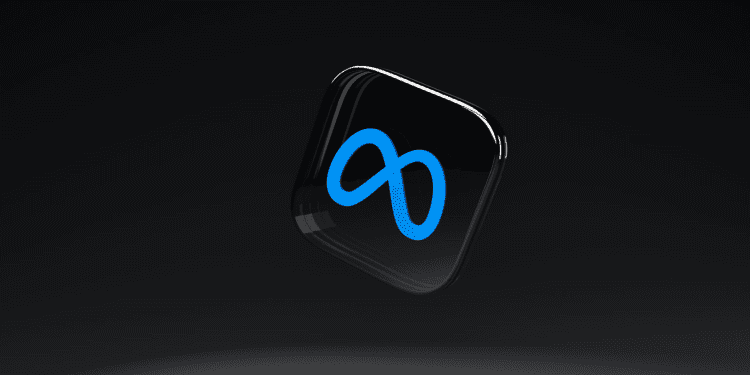The metaverse social media company—Meta—is seeking to help universities enter the metaverse themselves by creating virtual reality campuses. Meta´s Immersive Learning project boasts ten new virtual campuses aiming to educate individuals using virtual reality environments. Partnering with Victoryxr—a virtual reality educational start-up—Meta announced its plans to invest $150 million in this project.
Meta´s Immersive Learning
“Create, learn and grow in the metaverse”—is proudly displayed on a Facebook page describing Meta´s immersive learning. Meta´s $150 million investment is being used to “help develop the next generation of metaverse creators, fund high-quality immersive experiences that transform the way we learn, and increase access to learning through technology.”
Among Meta´s initiatives for its Immersive Learning program include the following:
- Metaverse Creators: Meta is creating training programs to help individuals develop new skills in virtual reality and immersive media.
- Immersive Content: Meta aims to invest in high-quality content to achieve an immersive metaverse experience and is working on building learning experiences for creators.
- Increasing Access: Meta plans to partner with various organizations to make the dreams of immersive and collaborative learning a reality.
- Responsible Research: Meta strives to continue working and investing in research to explore new ways to explore metaverse technology in education and help individuals benefit from using virtual reality techniques for learning.
Meta´s Plans to Help Universities in the Metaverse
Meta has concrete plans to help colleges and universities implement strategies for virtual reality in education and virtual reality classes. Meta has programs to assist ten universities in launching their metaverse-based campuses.
One of these universities is the University of Maryland Global Campus (“UMGC”). This university is an online campus where over 45,000 individuals will now be able to meet online in a metaverse environment, talk together, and share their experiences.
While a costly endeavor, this initiative can potentially make Meta emerge as an influential leader in the metaverse industry—one that specializes in helping students learn in interactive and unimaginative ways.
Details on the Educational Courses
The metaverse educational courses are finally beginning to take hold. The process is simple. One university official says that students can put on the headset and enter a building where they can chat with the financial aid avatar. Many universities are beginning to adopt metaverse courses as a curriculum.
Universities have long considered these courses in the metaverse, but something was always stopping their implementation and adoption. For example, many universities did not want to use headsets because such technology was bulky and came with significant engineering costs.
A large part of the universities´ reconsideration has been the global pandemic. Online courses and virtual reality classes have spiked in popularity due to COVID-19. Meta accounts for 90% of the total current headset market.
It is important to note that many of these “metaverse” educational courses are only in the pilot stage. Much testing and experimentation need to be done.
But the advantages are astronomical. Take nursing school as an example. Students will be able to interact with a diverse group of patients as opposed to a mere mannequin.
How Meta is Doing Its Part to Help
To help see this initiative through, Meta will donate its “Meta Quest” headsets to organizations so students can use them in courses. Meta´s Immersive Learning project aims to “increase the access of students to these technologies by partnering with organizations and universities.”
And this is precisely what Meta is doing. Further, as a part of Meta´s $150 million investment to deliver headsets, it is partnering with Victoryxr—the company designing for the metaverse campuses.
The designing process is something that Meta is also assisting with. Specifically, metaverse campuses can cost about $50,000 for a five-to-seven-building campus.
Victoryxr’s founder, Steve Grubbs, noted the following concerning its partnership with Meta and the planned educational initiatives:
Education is a fascinating use case for the metaverse, and MIL (Meta Immersive Learning) will assist creators worldwide acquire metaverse skills and produce immersive experiences for students.
Conclusion
Meta´s plans to help universities establish virtual reality campuses online have great potential. Its investment of $150 million will take education to a new level, as individuals can learn interactively and hands-on in ways never before imagined.













